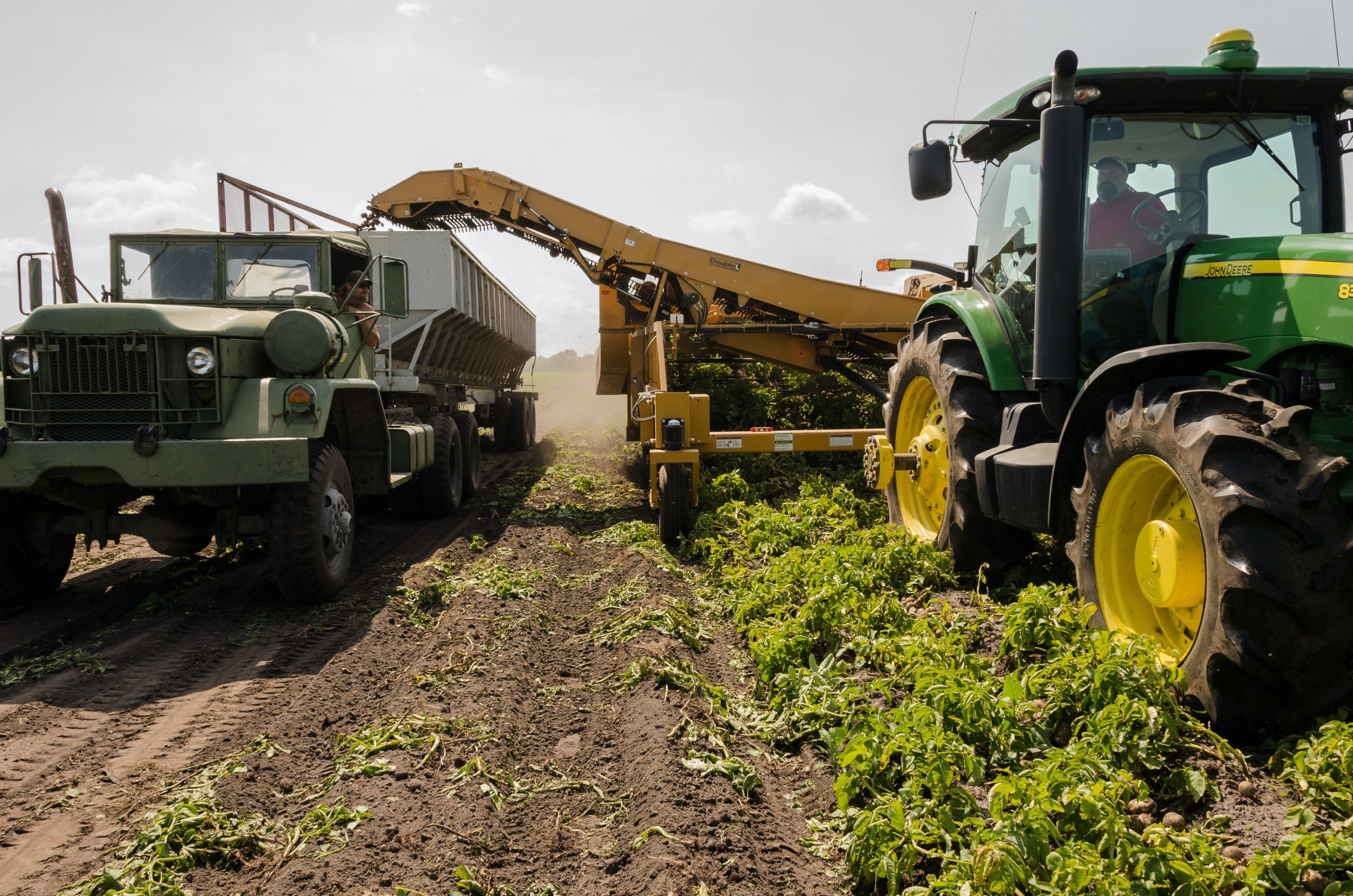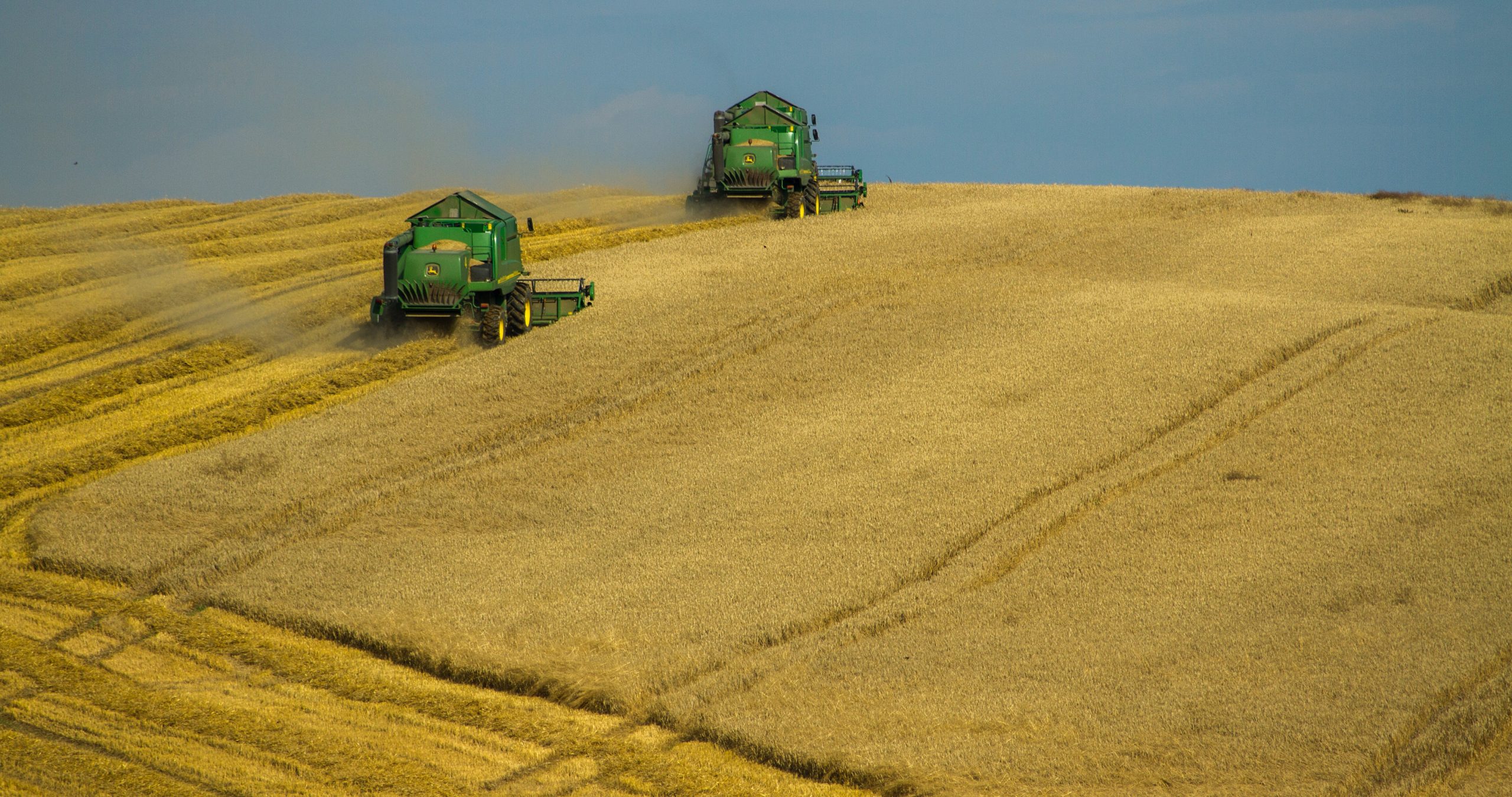
Tariff and quota exemptions for Ukrainian agricultural products have flooded neighboring countries with cheap grain and oilseeds.Continue reading

Although no decision was taken at the EU ministers’ meeting to avert the internal market crisis caused by Ukrainian grain in the European Union, the upcoming agreement will mean that Hungary can maintain its ban on grain imports from Ukraine.
Speaking on the sidelines of Tuesday’s meeting of the EU’s Agriculture and Fisheries Council in Luxembourg, Agriculture Minister István Nagy said that the negotiations were on the right track, as the EU had accepted the unilateral decision by member states to ban imports of Ukrainian agricultural measures.
The EU recognized the gravity of the situation, understands the decision of the member states, and is looking for solutions to allow the measures to be maintained,”
István Nagy said.
While the representatives of the member states in the Council understood the seriousness of the problem, the European Commission had previously criticized unilateral decisions.
In a Facebook video before the meeting, the minister said he expected a tough fight and lengthy negotiations. “We want to get Brussels to accept the import bans that have been imposed, and we want to keep them in place until the end of the year so that farmers can harvest and store their new crops,” István Nagy said. He said financial support was also needed because of the losses suffered so far. “We are fighting to ensure that the European Commission does not apply double standards this time and that farmers from all border member states, including Hungarian producers, can benefit from the aid,” he added.
The Czech, Polish, Hungarian, and Slovak chambers of agriculture will send a joint letter to Brussels shortly, according to the Czech news agency CTK. Czech farmers are unable to sell their cereals, according to the country’s chamber of agriculture. Their traditional buyers, the Germans, and Poles, do not want to buy anything because their market is saturated with Ukrainian grain.
If the European Commission does not respond to our request in time, we are ready to go to Brussels and protest,”
Jan Doležal, president of the Czech Chamber of Agriculture, told the news agency. While the governments of Hungary, Poland and Slovakia banned the import of Ukrainian agricultural products, the Czech coalition does not think that it is necessary.
The countries concerned decided on the ban not only because of the difficulties faced by local farmers, but also because Ukraine uses chemicals and practices banned in the EU.
Featured photo via Pexels